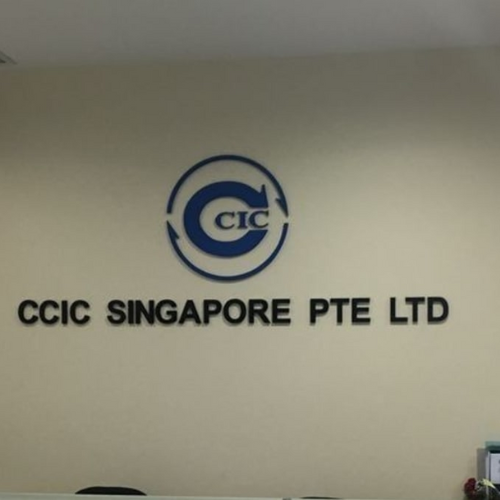The U.S. Treasury’s Office of Foreign Assets Control (OFAC) announced sanctions against CCIC Singapore, a major cargo inspection company based in Singapore. The company, which is Chinese-owned, was accused of helping facilitate the illegal transport of Iranian crude oil.
According to the U.S. Treasury, CCIC Singapore played a key role in inspecting two large oil tankers — VLCC Siri (formerly named Anthea) and Hecate — during ship-to-ship transfers of Iranian oil. These tankers had previously been sanctioned by the U.S. for carrying crude oil on behalf of Iran.
One of the most serious allegations is that CCIC Singapore helped disguise the origin of the oil by issuing fake inspection certificates. These documents falsely labeled the crude oil as “Malaysian,” which is a common tactic used to hide Iranian oil before it’s delivered to customers, mainly in China.
The U.S. Treasury also stated that Sepehr Energy, a known front company controlled by the Iranian government, “consistently relied” on CCIC Singapore to provide inspection services for these oil shipments. This direct relationship was a key reason behind OFAC’s decision to add the firm to its sanctions list.
500% Sanctions Bill Against Russia Killed by Trump’s Silence, GOP Freezes in Fear
300 Jobs Lost as Company Prepares for Liquidation
After the sanctions were announced, the effects on CCIC Singapore were immediate and severe. The company reportedly laid off about 300 employees on June 1. According to former workers, the dismissal notices stated that the firm was preparing for a “pending liquidation.” This process involves officially shutting down the business and selling off its assets to pay off any debts.
Employees also said that their May salaries were delayed because the company’s bank accounts had been frozen. This is a common result of OFAC sanctions — once a company is blacklisted, banks and financial institutions usually cut ties to avoid any risk of violating U.S. laws themselves.
In their termination letters, workers were told that final payouts would only be made after the liquidation process, which could take until mid-2026. This means many of those laid off could be waiting for over a year to receive their remaining wages or benefits.
CCIC Singapore Says Shutdown Was “Inevitable”
In a short statement to local media outlet CNA, CCIC Singapore confirmed that the U.S. sanctions had caused greater damage than expected. The company said it had been forced to stop operations in Singapore and was moving toward full closure.
“This decision was extremely challenging for the management team,” the company said, “but it is a rational choice that had to be made under the current circumstances.”
India Bets on Sanctioned Superpowers: Russia and Iran Fuel Nation as Gas Giants Clash with the West
CCIC Singapore did not respond to further questions about its alleged role in the transport of Iranian oil or its business with Sepehr Energy. However, the facts presented by the U.S. Treasury, combined with the speed of the shutdown, highlight how damaging American sanctions can be — even for companies operating outside of the U.S.
The case shows how global shipping, inspection, and finance are deeply connected — and how a single blacklisting can shake the entire structure of a company.


